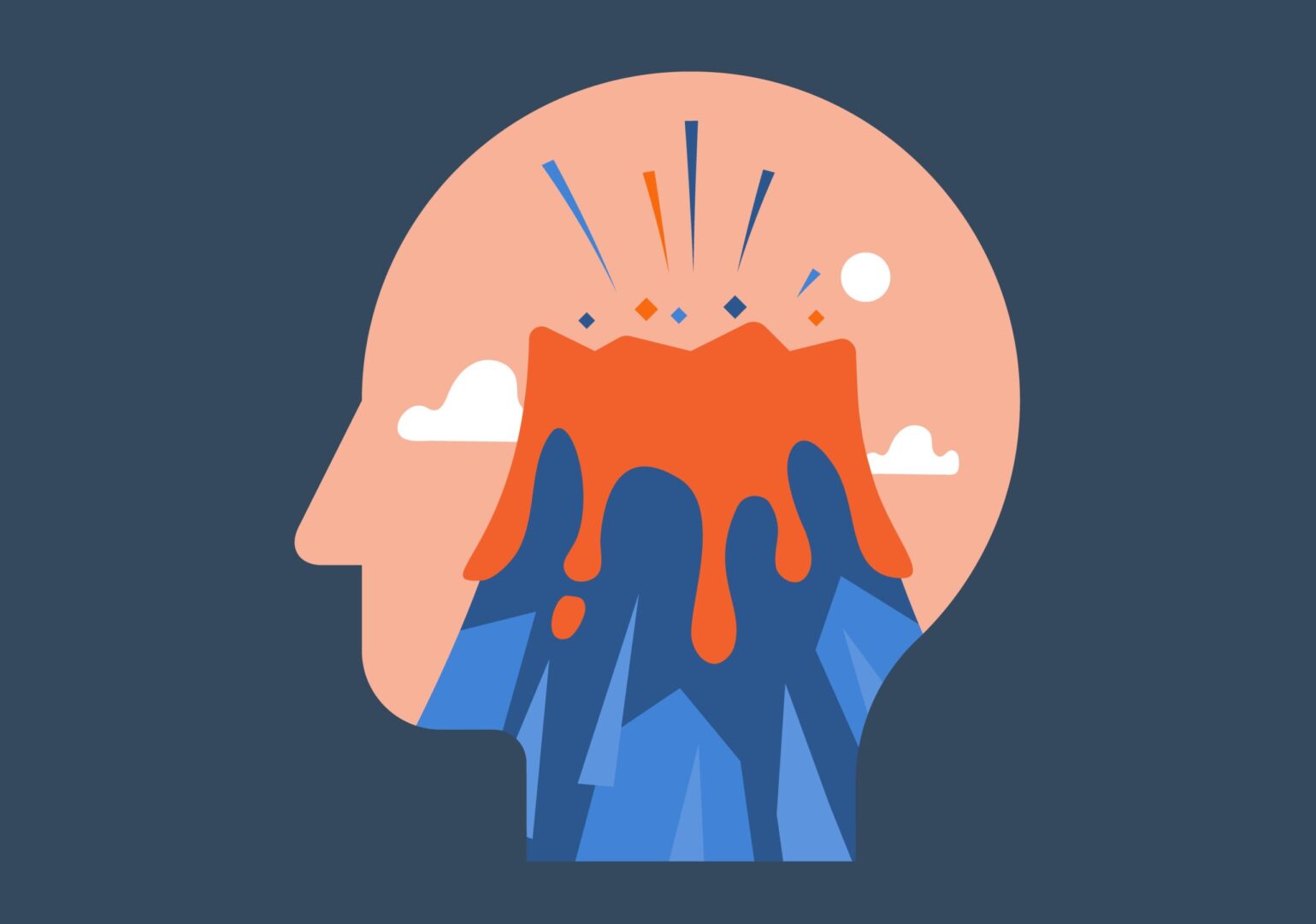Top Articles of 2023: Exploring Emotional Regulation and Mental Health in Teens

Sharon Saline, Psy.D, discusses the relationship between ADHD and emotional reactivity, explaining that the ADHD brain is wired to feel emotions like anger, frustration, and intense hurt. However, emotional reactivity is a response pattern that can be altered with the correct mindset and tools.
According to Linda Roggli, PCC, ADHD affects all aspects of a person's life, including health, personality, relationships, and even sleep. It's a constant presence that influences everything about you.
Nicole Kear highlights a worrying trend among teenage girls in a recent CDC report. The report indicates record high rates of sexual violence, suicidality, and sadness. These risks are particularly higher among girls with ADHD, leading to a crisis among young people.
Sharon Saline, Psy.D, describes how Oppositional defiance disorder (ODD) symptoms manifest in children. The child might be defiant in one setting or towards one authority figure while being totally compliant in other areas. This fluctuating behavior can be puzzling for parents.
Alan P. Brown shares his experiences as a 62-year-old man with ADHD. He reveals how he often gets emotional over minor issues and has dealt with embarrassment and shame about his career. He also explains that these characteristics may be more pronounced in men with ADHD than their female and neurotypical counterparts.
Jeremy Edge, LPC, IGDC, discusses the addictive nature of video games and social media, which are designed to promote habitual use. While healthy, recreational engagement is possible, it can quickly become unhealthy, especially for ADHD teenagers who struggle with self-control.
A controversial opinion piece published in 'Psychiatric Times' recently argued that adult ADHD is not a medically valid diagnosis. Its authors claimed that ongoing symptoms are caused by mood temperaments, leading to a heated discussion, as reported by J. Russell Ramsay, Ph.D.
Anni Layne Rodgers turns the spotlight to the relationship between hormonal fluctuations and the worsening of ADHD symptoms. A recent survey of over 1,800 adults with ADHD conducted by ADDitude has found evidence suggesting that contrary to traditional belief, ADHD does not resolve after puberty, but rather its severity increases with age.
Suzanne Mouton-Odum, Ph.D., touches upon body-focused repetitive behaviors (BFRBs) such as hair pulling, skin picking and nail biting. She emphasizes the treatability of these conditions with the help of a trained therapist and an open-minded child, albeit noting that parents often struggle more to deal with their child's BFRBs compared to the affected child themselves.
Continue reading “Raising a Child with BFRBs: A Guide for Parents”
By Dena Cabrera, Psy.D., CEDS
“We are just beginning to understand how ADHD influences the development of eating disorders and disordered eating in teens, however, it stands to reason that the low self-esteem associated with ADHD, particularly when undiagnosed, could be at least partially to blame, among other ADHD-related factors.”




